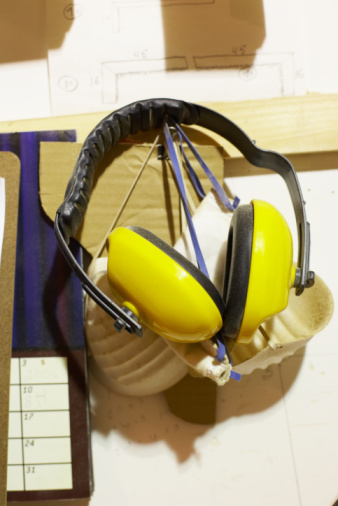 Have you ever sat down to enjoy a good warm meal, only to be abruptly interrupted by a telemarketer trying to sell you something? Having your time wasted by someone trying to sell you something, donate to their cause, or support a political candidate can be annoying at best. Intruding on someone’s busy day to get a sale or even sell your personal brand is a very tricky art to master.
Have you ever sat down to enjoy a good warm meal, only to be abruptly interrupted by a telemarketer trying to sell you something? Having your time wasted by someone trying to sell you something, donate to their cause, or support a political candidate can be annoying at best. Intruding on someone’s busy day to get a sale or even sell your personal brand is a very tricky art to master.
However, it’s also effective. If approached properly, cold introductions can be a great way to generate leads and develop networks that can help you find a job. Here are ways you can make effective cold introductions without coming across as a pushy salesman.
It’s About Them
The most important thing to remember when introducing yourself is to remember – it’s about them, not you. You have a short amount of time to get your point across, so don’t use it to talk about your past work experiences, achievements, or any other reasons why you are a remarkable worker. Instead, focus on their company goals and culture, and showing how you can meet their needs.
One of the first things a sales associate does when selling a product is to find the challenges the customer is facing and explain how his company’s product can help solve that problem. If you can’t quickly communicate why those you are addressing should be interested in what you have to say, and how you can further their organization, you’ll lose their attention.
It’s Personal
Assuming you are actively seeking these connections, you should have already researched them and their employer before trying to meet. If you meet with people you already know some information about, you will separate yourself as someone who is prepared and eager to meet you. They will be more open to talk and give you useful advice since you took the time to learn more about them than just asking general interview questions.
It’s also important to be sincere. When researching the people or employer, find aspects that really interest you and give you reason to ask for clarity. Questions or statements shouldn’t be made for the sake of asking questions. The more sincere you are about something, the more likely the other person will see your passion, which will lead to deeper conversations and stronger relationships.
It’s Not Always Direct
Some people are hard to reach. They have a strict schedule and sometimes they stick to it without interruption. That’s why you might have to warm up a cold introduction before you meet. If a potential contact has an assistant, receptionist, or office manager, build a relationship with them first. Asking them for help, remembering their name, and always thanking them, even after you meet with the potential contact will go a long way.
If you would like a less direct approach, social media can be a useful tool to slowly build a rapport before meeting someone. First, find people of interest on Twitter and follow them. Then when they tweet, comment on their posts and compliment them on their references. You can also follow their company pages on LinkedIn and Facebook and comment on and compliment the posts.
Cold introductions don’t have to be as scary or annoying as most people make them out to be. With a little research and confidence, you can introduce yourself to anyone and build a strong, reliable network. What are some of your stories of how a cold introduction led to career success?






